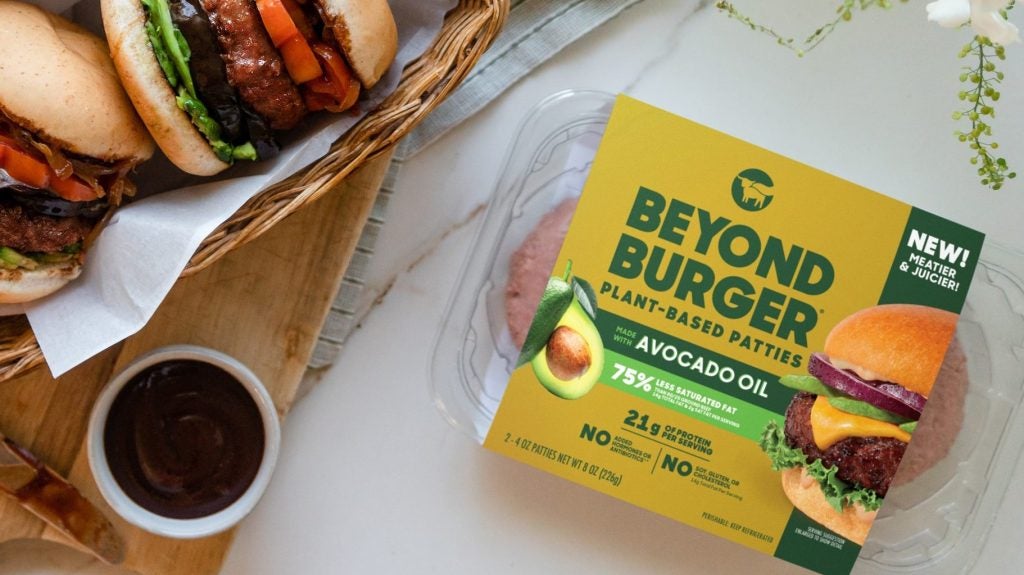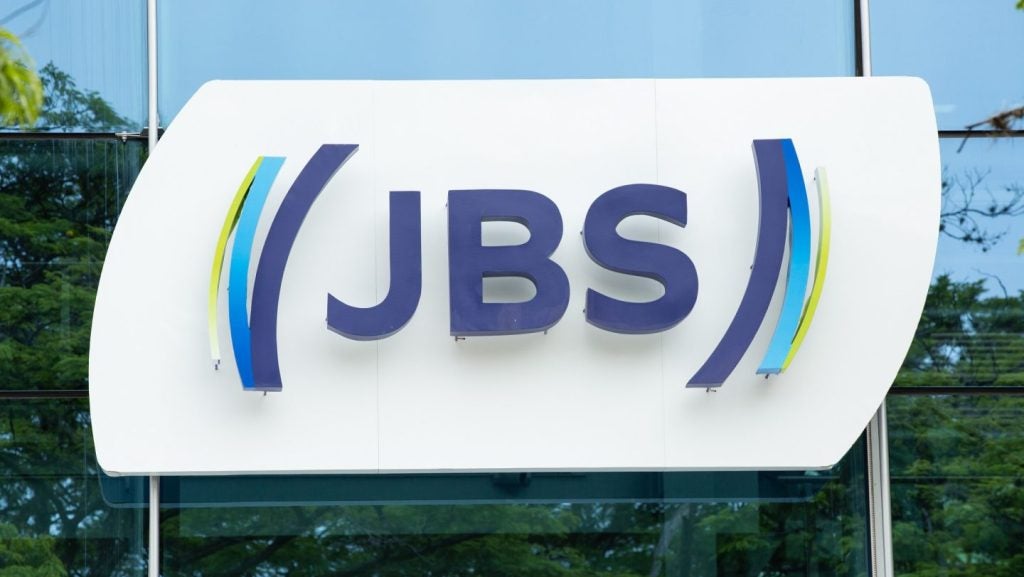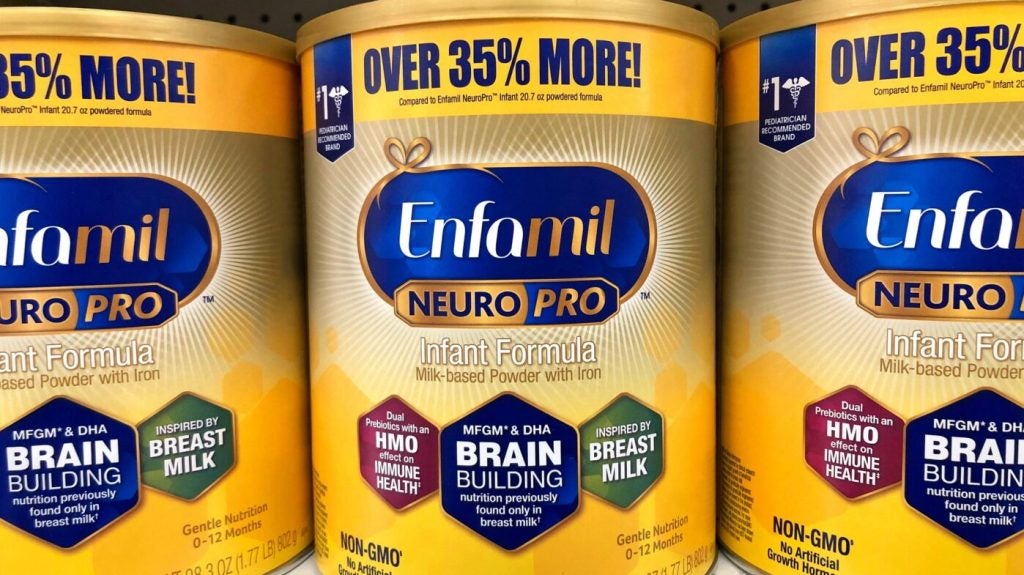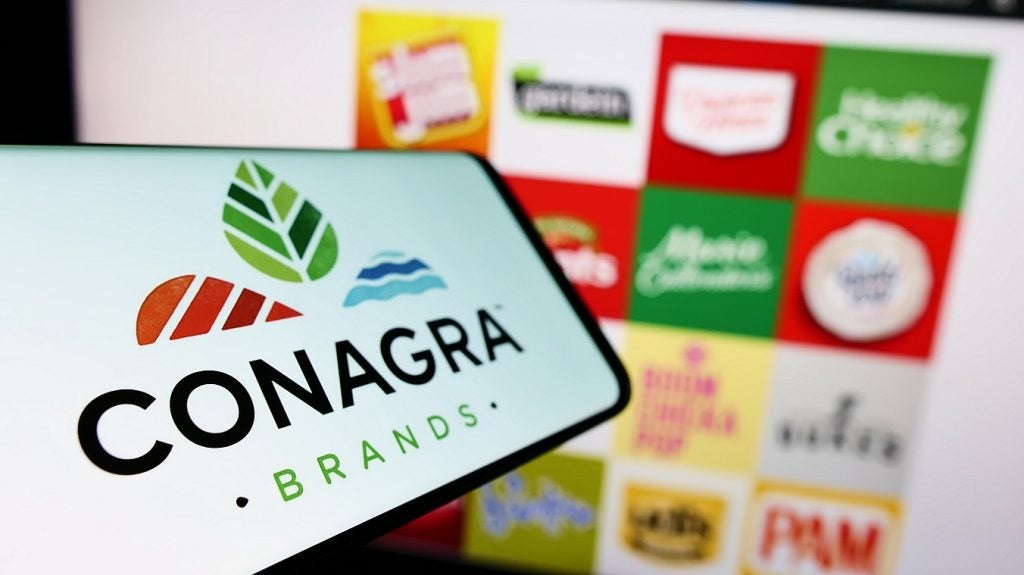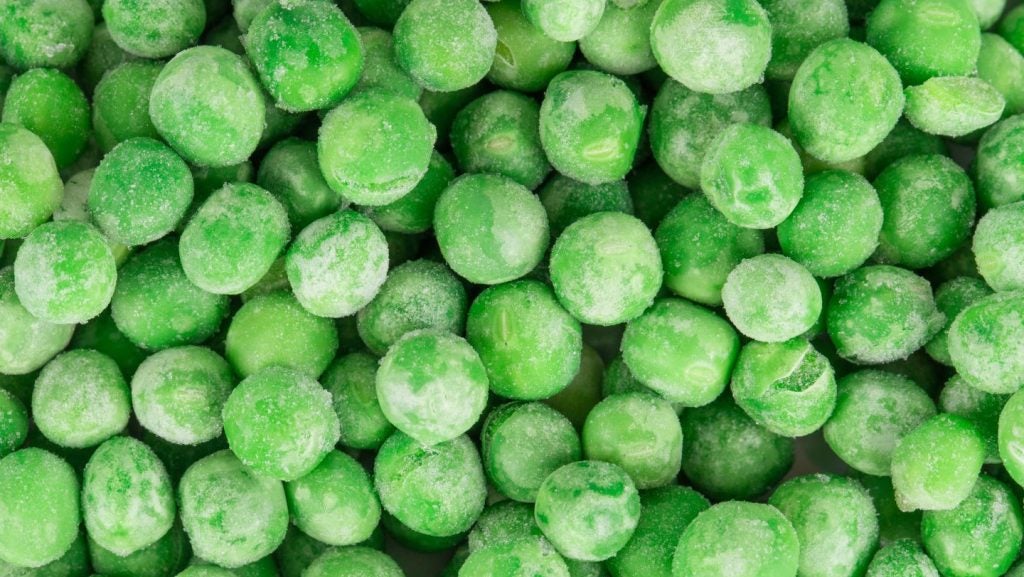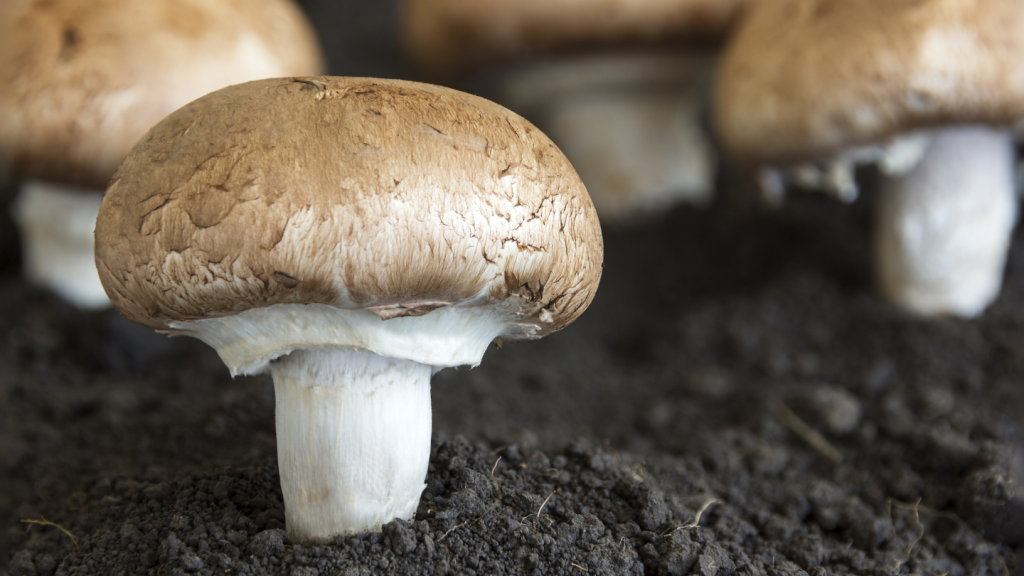Alongside our daily news coverage, features and interviews, the Just Food team sifts through the week’s most intriguing data sets to bring you a round-up of the week in numbers.
Eyes were scrawling numbers again this week, with profitability at two US-listed companies in focus at diverse ends of the food spectrum – alternative human-protein business Beyond Meat and pet-food maker Freshpet.
Beyond Meat disappointed again, extending a streak of quarterly net losses, while Freshpet popped into profit in the final three months of its fiscal year.
In food retail, Kroger’s planned mega-merger with Albertsons, which would create the second-largest supermarket group in the US, is potentially in jeopardy amid opposition from the anti-trust regulator.
Elsewhere, Italy’s dairy sector inadvertently came on the radar as Lactalis, one of the largest players, was fined by the Ministry of Agriculture for dairy code breaches. And in France, ‘meaty’ names for plant-based foods may no longer be allowed under a new government decree.
Beyond Meat frailties
As evidence mounts that the animal-free protein sector is losing its lustre, Beyond Meat reported another quarter of falling sales and bottom-line losses that were more than double those of a year earlier.
What struck a chord, however, was the $315m to $345m sales outlook for the new 2024 fiscal year – flat at best, to down circa 8%.
“We believe risks to FY-24E revenue guidance are skewed to the downside. New distribution growth in Europe seems the most likely path for avoidance of such a scenario,” John Baumgartner, a managing director at Japanese investment bank Mizuho Securities, wrote in a research note.
Baumgartner’s latter comment was framed around Beyond Meat’s sales falling again in both US retail and foodservice, in what the company said “reflected weak category demand”. Conversely, international appetite, mainly in Europe, remains relatively robust, with sales rising across those channels.
On a brighter, and potentially supportive note for revenue, Beyond Meat plans to increase prices in the new year, and CEO Ethan Brown is confident he can pull gross margins out of the red-blazed doldrums.
“In 2023, Beyond Meat undertook extensive initiatives to reset the business toward sustainable operations and ultimately profitable growth. Much of this reset is now coming into view,” Brown said.
Freshpet beats profit drum
The cat- and dog-food business ended a run of quarterly net losses, prompting CEO Billy Cyr to declare Freshpet has reached an “inflection point” on its dash toward annual profitability.
While Freshpet remained in the red for the year’s count, the annual loss narrowed to $33.6m from $59.5m, with Cyr proclaiming the company is “on the cusp of profitability”, although he did not give projections for 2024.
Robert Moskow, an analyst at US investment bank TD Cowen, coined Cyr’s phrase: “We believe that the company has reached an inflection point on its way to leveraging its scale and business intensity to materially boost profitability,” he wrote in a research note.
“The disruptions and volatility that plagued the company during the pandemic now seem like a distant memory.”
Freshpet pointed to sales of $950m in 2024, which at a 24% predicted growth pace would be just shy of the longer-term annual target of 25%. The results reported this week put revenue at $767m, up almost 29%.
The company aims to achieve $1.8bn in sales by 2027 and an adjusted EBITDA margin of 18% – more than double last year’s 8.7% rate.
“Our strong 2023 results demonstrate that Freshpet has reached an inflection point: the significant investments we have made to create scale and extend our first-mover advantage have begun to generate improved profitability and significant operating cash flow,” Cyr said.
Kroger mega-merger on rocks
More than a year in the making, Kroger’s planned merger with Albertsons threatens to be derailed as the US competition regulator seeks to block the deal.
The Federal Trade Commission (FTC) and a group of US Attorneys General launched a legal bid this week to stop the merger, despite subsequent plans by Kroger and Alberton’s to sell stores since the proposed deal was announced in October 2022.
Kroger’s acquisition of Albertsons would make the combined group the second-largest food retailer in the US behind Walmart.
Henry Liu, director of the FTC’s bureau of competition, said: “This supermarket mega-merger comes as American consumers have seen the cost of groceries rise steadily over the past few years.
“Kroger’s acquisition of Albertsons would lead to additional grocery price hikes for everyday goods, further exacerbating the financial strain consumers across the country face today. Essential grocery store workers would also suffer under this deal, facing the threat of their wages dwindling, benefits diminishing, and their working conditions deteriorating.”
In September last year, the two retailers, already among the largest in the US, set out a plan to sell more than 400 stores to C&S Wholesale Grocers to secure regulatory approval for the transaction.
However, the FTC argued this week the proposal was “inadequate” and amounted to “a hodgepodge of unconnected stores, banners, brands, and other assets that Kroger’s antitrust lawyers have cobbled together”. The planned disposals “fall far short of mitigating the lost competition between Kroger and Albertsons”.
Lactalis dealt a blow
Italian farmers’ association Coldiretti launched a complaint against Lactalis last year, accusing the French dairy major of “unfair trading practises” in relation to local milk supply. And it has now been penalised.
The dairy group was hit with a €74,145 ($80,446) fine by the Central Inspectorate of Quality Protection and Fraud Repression (ICQRF), part of Italy’s Ministry of Agriculture.
“The Lactalis company had been accused of having unilaterally modified the contract with the farmers supplying milk, decreasing the recognised prices,” according to a statement from ICQRF.
“It was also accused of having introduced a new index linked to the prices of European milk, which was not agreed upon and penalised Italian producers.”
While Lactalis plans to appeal the penalty, the company was quick to point out its worth in the Italian dairy market.
“Lactalis represents the first buyer of the Italian milk supply chain, with a collection annually of approximately 1.3bn litres, equal to approximately 11% of the overall value of national production.
“It is also the most important player in the national dairy sector, with 14.5% of the entire turnover of the sector.”
Coldiretti suggested when it brought the claim last year that privately-owned controlled around one-third of the country’s dairy market.
Lactalis said at the time it had contracts with about 2,000 farmers in Italy. In this week’s counter-argument, the business noted the €248m of investments it had made in the country’s dairy industry over the last five years.
France ‘meaty’ clampdown
The French government has made another attempt to ban local manufacturers from using meat-related descriptors for plant-based foods.
A new decree set forth by the Ministry of Agriculture this week and due to come into force in May, looks to prohibit the use of terms such as "ham” and “steak” in products containing “plant-based proteins”.
France tried to pass a similar decree in 2022, which was suspended by the Council of State, France’s highest administrative court. Paris then showed signs of revisiting its intention to ban plant-based meaty terms last year, after receiving approval from Marc Fesneau, the French Minister of Agriculture and Food Sovereignty.
Food producers in the country that fail to adhere to the regulations will face fines ranging from €1,500 to €7,500. Manufacturers of plant-based meat alternatives in countries outside of France would not be affected by the ruling.
Reckitt Benckiser formula strains
The benefit to Reckitt Benckiser’s sales from an infant-formula shortage in the US continues to fade as the UK-based company points to further downside.
Sales from Reckitt’s nutrition business, which houses the Enfamil and Nutramigen brands, are likely to decline at a “mid-to-high, single-digit pace” in 2024 following a 4% drop on a like-for-like basis in 2023, it said this week.
A “rebase” is anticipated for sales from the nutrition division in the front-end of the new year before returning to growth in the back half.
On a reported basis, the group’s nutrition sales revenue was down 3.6% at £2.41bn ($3.05bn). A 6% rise in “price-mix” was accompanied by a drop in volumes.
For the Reckitt group as a whole, net revenue was £14.61bn, up 1.1% and 3.5% higher on a like-for-like basis. The company forecast a 2-4% increase in like-for-like net revenue in 2024.


